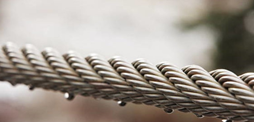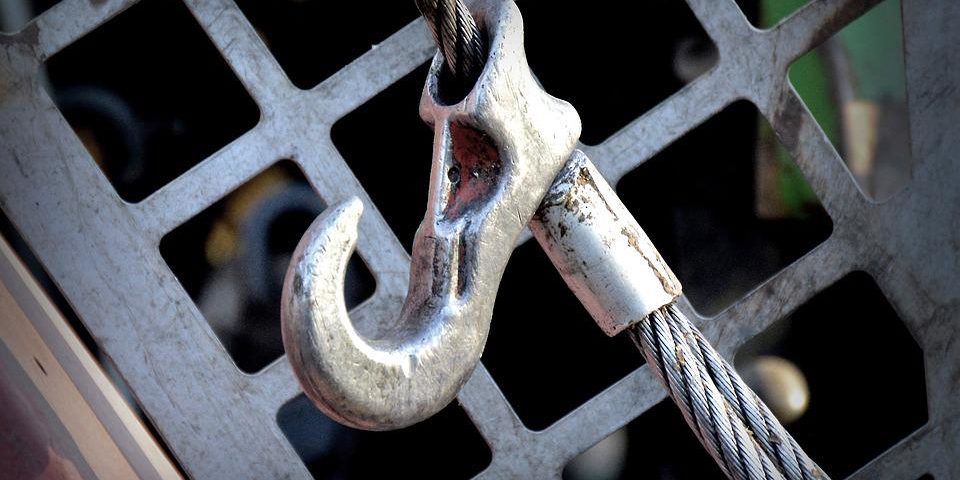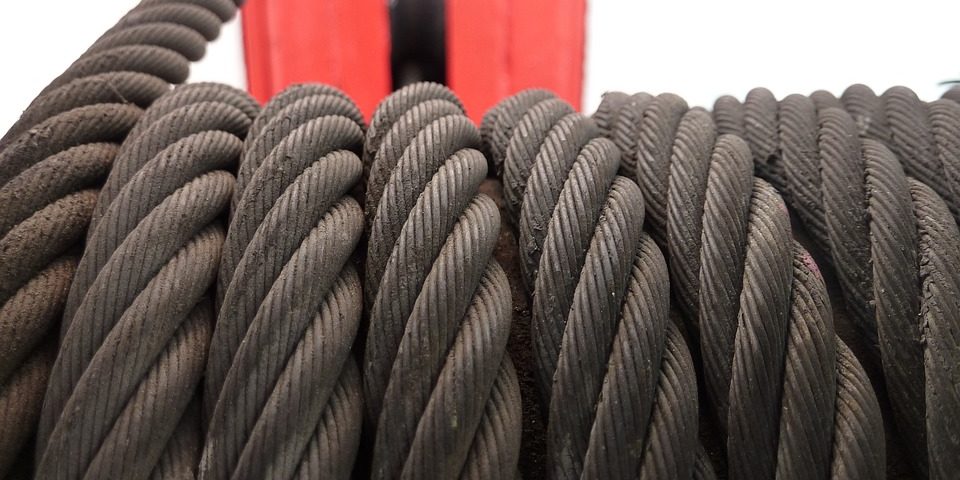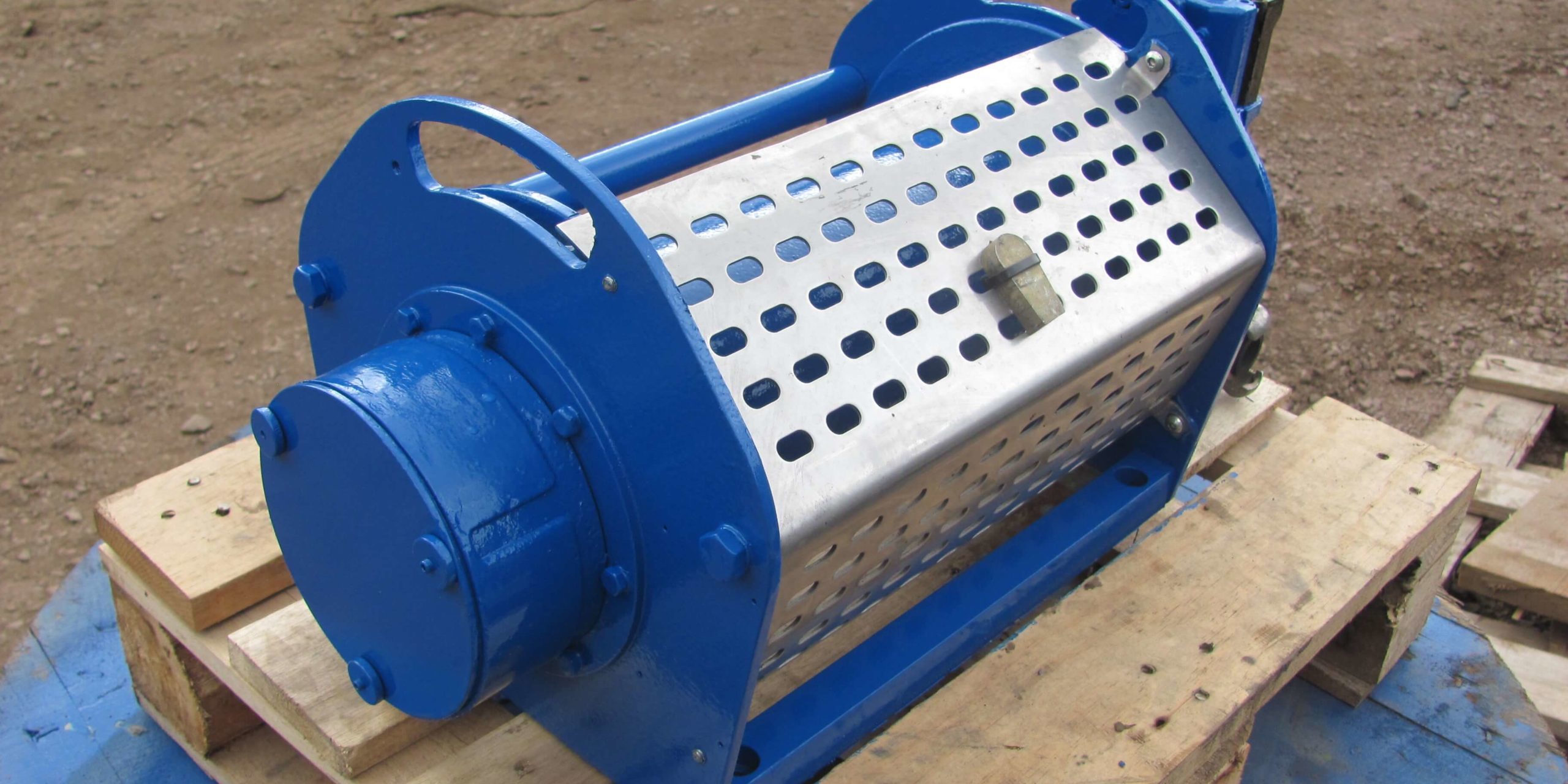Synthetic Rope vs. Steel Cable: Which is the Better Option?
07-02-2023
Whether you’re in construction, engineering, or the oil and gas industry, it’s likely you’ll use winches and other lifting equipment from time to time. There are pros and cons for both types of winch cable but, ultimately, it’s most important you make the right decision for you and your business requirements.
This blog from Atlas Winch Hire & Hoist Services outlines some of the main characteristics, advantages and disadvantages of both synthetic rope and steel cable, so you can choose the best winch cable for your needs.
SYNTHETIC ROPE
Synthetic rope was originally based on the durable synthetic lines used in the maritime and fishing industries. It floats, which makes it a great choice for lifting tasks involving water or mud.
Made from polyethylene, synthetic rope is significantly lighter than steel cable and has a higher breaking strength. It can also be repaired on-site with proper braiding techniques.
Synthetic rope is also highly flexible and low in weight, meaning it is much easier to handle and less prone to kinking than steel cable is. Given that it isn’t made of metal, synthetic rope won’t develop rough edges known as burrs, making it much safer to handle without gloves.
While it does have many advantages, synthetic rope isn’t perfect. Drawbacks include susceptibility to UV exposure, heat, chemicals, and abrasion, which can all substantially weaken the rope. Some synthetic ropes come with protective sleeves and coatings that help mitigate the impact of these factors.
Another disadvantage is that it can hold water, which will add weight and might even freeze in cold weather, rendering the winch useless. They also require considerable maintenance. This is especially true when used in sandy or muddy conditions where abrasives can work their way into the rope and weaken it from the inside.
STEEL CABLE
Until fairly recently, the industry standard when it came to winch cable equipment was steel cable. This is a more durable option than synthetic rope, but this comes at the expense of weight and strength.
Given its durable nature, steel cable is the best choice for lifting tasks involving abrasive terrains such as mud, rocks and sand. This is because it is far less prone to fraying and abrading. Steel cable is also the better option for those on a tighter budget, as it is initially more affordable and requires less maintenance.
While, again, steel cable has many advantages, there are also several disadvantages. It is metal, so is prone to rusting and developing sharp and potentially harmful burrs as it wears. This means you’ll need to wear gloves whenever operating lifting equipment that uses steel cable. Some professionals recommend coating steel cables in chain oil or WD-40 to protect the steel and reduce, slow, or even prevent rusting.
Steel is also prone to kinks, which can make it harder to spool up on the cable drum properly and decrease its strength.
Atlas Winch Hire & Hoist Services can help with all your cabling needs. No matter what your requirements, we’ve got the equipment and the accessories for the job. We supply a range of quality cable products for hire or purchase, including cable drum jacks, cable rollers and bellmouths. For more information about our cable accessories or winch hire services, contact our Scotland (01899 221 577) or Essex (01371 859 555) branches today.






